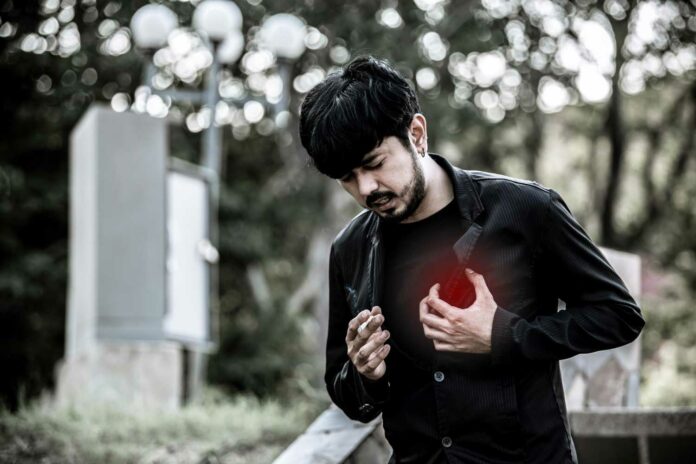Many people who almost died say they saw their whole life swiftly before their eyes. They think about how they lived, what they achieved, and what they regretted. Before, people believed these were just stories, but now a study by Sam Parnia and his team suggests it might be real.
They studied 567 people who had CPR after a heart attack. Fifty-three survived, and twenty-eight shared their experiences. Eleven people said they had some awareness during their heart attack. It was tough to study because not many people survive heart attacks.
One patient said, In the study, resuscitated patients exhibited signs of being conscious during death experiences. “I could see what was going on. […] I stood next to the bed.” Another patient said, “I remember seeing my dad.”
Parnia’s team found that the brain stayed active and strong for 35 to 60 minutes after CPR began. They saw brainwaves that showed the brain was working, usually even during CPR.
This discovery changed what we thought about brain activity after a lack of oxygen. Parnia says the idea that the brain dies after 5 to 10 minutes without oxygen is wrong. This challenges the belief that CPR shouldn’t last more than 10 minutes because the brain would be severely damaged. The study suggests new medicines could save the brain and bring back patients fully conscious.
Parnia’s project isn’t just attractive to scientists but also the public. They organized patient memories into categories, supporting stories previously only shared verbally. This study is a big step in medicine, helping us understand what happens to our consciousness when we die.
Understanding how consciousness relates to life and death could improve end-of-life care. Even if a patient can’t respond or show awareness, they might still sense or hear what’s happening around them, according to Linh Tran, a doctor in the study.
Parnia wants to study in real time what happens to the brain and consciousness for extended periods between life and death. Ultimately, understanding consciousness in life and death is the next step in understanding human existence—a journey Parnia and his team are starting to explore.
The study provides fascinating insights into the experiences of cardiac arrest survivors and challenges existing notions about brain activity and consciousness in critical medical situations. The findings suggest further research into the relationship between consciousness, life, and death, with potential implications for medical practices and end-of-life care protocols.
Journal reference:
- Sam Parnia, Tara Keshavarz Shirazi, et al., AWAreness during REsuscitation – II: A multi-center study of consciousness and awareness in cardiac arrest. Resuscitation. DOI: 10.1016/j.resuscitation.2023.109903.
